Summary
- Roger Ebert's legacy goes beyond reviews; he fostered a love of film and had an everyman approach to criticism.
- Ebert's selection for the worst horror films includes the loud, badly edited "13 Ghosts" and the disappointing DC Comics film "Constantine."
- Films like "Hellbound: Hellraiser II," "I Spit on Your Grave," and "Jaws: The Revenge" are deemed incompetent, stupid, and not worth watching.
Film critic Roger Ebert's legacy is so much more than just mere reviews. After his death in 2013 from cancer, he earned praise from people across the board for fostering a love of film, and not just criticism. During his tenure as movie critic for The Chicago Sun-Times from 1967 until 2013, his takes on film never reeked of elitist snobbery, and his everyman approach to criticism was elegantly articulate. In 1975, he became the first movie critic to win the Pulitzer Prize.
Most of America got to know Ebert when he partnered with Gene Siskel, movie critic for The Chicago Tribune, for the PBS show Sneak Previews, which reviewed the week's new film releases. That show would evolve into the syndicated series At The Movies, where Siskel and Ebert would trade barbs if they disagreed on a film, but they seemed the best of friends when they agreed. They also popularized (and even trademarked) their "two thumbs up/down" assessments of films. After Siskel's passing in 1999, Ebert partnered with Richard Roeper to continue At The Movies, until leaving the series in 2008.
In 2005, he posted a list of films he considered the absolute worst of all time, categorized by genre. His horror list includes some usual suspects that have earned cult classic status, although his insights point out that they deserve no such accolade. Let's take a look at his selection for the worst horror films of all time.
13 Ghosts (2001)
Roger hated the hell out of the 2001 remake of William Castle's gimmicky film from 1960. He called the experience "literally painful," as he felt the film hurt his eyes and ears because of how loud it was, how excessive the strobe effects were, and how badly edited it ended up being. It's the story of a group of people who find themselves heading over to a house where there are entrapped ghosts. Care to guess how many?
In retrospect, 13 Ghosts can only be called a collection of cool makeup and special effects trapped in a film that made little sense to critics, but audiences actually felt the film was an artificial blast. This time, we can't say Roger wasn't right.
Ben (1972)
Ben is the sequel to 1971's Willard, making it the second-best killer rat film made by Bing Crosby Productions. Bing himself no longer owned the company when Ben was made, and had no involvement in it. In true 'Bing Crosby fashion', however, it has a musical number (when a kid sings to a rat), although hearing it is akin to having a rodent gnaw on your ears. The film even allows Ben, the rat, to squeak out entire lines, as if we can understand what it's saying. Ebert opined that it "sounds like a Rubber Ducky being goosed."
There's really nothing here to enjoy even accidentally, and the film doesn't reach the heights of other small-budget, B-movie horror films of the 1970s. After 90 minutes of rubber rats being thrown at people, we finally get something worthwhile: Michael Jackson's original song for the film. The song not only turned out to be Jackson's personal favorite song, but "Ben" was nominated for an Oscar for Best Original Song.
Constantine (2005)
How can anyone hate Keanu Reeves? For Ebert, it took this underwhelming DC Comics film about a supernatural demonologist investigating a suicide with supernatural elements. Constantine isn't a terrible film, but it is so in love with its own special effects that it relies on them to make up for an underperforming script (and unfortunately, by now, they're pretty outdated). At no point does the film really give you a sense of dread, or even the heebie-jeebies.
To its credit, Constantine boasts a fantastic, all-star cast, which makes the film watchable, although not exactly memorable. The cast includes Shia LaBeouf, who at this point in his career was trying to break free of his Disney Channel and Even Stevens image until Transformers came calling. It also stars Rachel Weisz (The Mummy), Tilda Swinton (We Need to Talk About Kevin), and Peter Stormare (Fargo). The cast did not impress Ebert, who was more concerned in his review about why movies about Satan "always require Catholics" instead of Episcopalians.
Critters 2: The Main Course (1988)
To call Critters 2: The Main Course a Gremlins ripoff is perhaps giving it too much credit. This follow-up to the 1986 horror comedy about furry little aliens that feast on a small town is a painful rehash that isn't even "B-movie good." The cast isn't half-bad, and includes Scott Grimes (Band of Brothers) and a number of character actors, including Lin Shaye (Insidious), Barry Corbin (Wargames), and Sam Anderson (Lost), but director Mick Garris can't make his script (co-written with David Twohy) anything more than disappointingly mediocre, even with flesh-eating puppets as the stars.
Still, the film somehow has its fans who manage to appreciate the schlockiness and enjoy it for what it is. Ebert, however, said it best when he accurately described it as suffering from a "bankruptcy of imagination."
The Deathmaster (1972)
Even though it's incessantly stupid, The Deathmaster will teach you a valuable life lesson: never mess with a coffin that washes up on the beach. That happens in the first three minutes of the film, kicking off 84 minutes of irritating idiocy. Robert Quarry plays a guru who charms his way into leading a group of hippie bikers (or something), who act like Partridge Family rejects. Finally, about 30 minutes into the film, Quarry decides to get down to vampire business, and he has a taste for particularly stupid people.
The dialogue is grating, the editing incoherent, and the story plods along with very little vampire action until the very end. Ebert describes the actors' dialogue by saying "they talk like Frankie Avalon trying to pass for hip." In 1972, that was an insult that cut deep. The film is so bad, it's unavailable to stream (though, fittingly, there is a bad-looking bootleg version on YouTube).
Deep Rising (1998)
Deep Rising seems to fancy itself a high-concept horror movie, but the only thing that's high here is the film executive who greenlighted this mess. The film follows a group of criminals who hope to hijack a cruise liner, only to be beaten to the punch by a squid-like undersea creature. CGI monster mayhem ensues. Treat Williams and Famke Janssen star. Stephen Sommers (The Mummy) directs the film, although he might deny it if you ask him today. How the creature manages to pop up in the ship's claustrophobic hallways is never explained to any satisfaction, so don't bother asking.
Having been made in 1998, you would think Sommers and company could avoid the same mistakes of previous decades of bad monster movies, but no. Ebert lamented, "Bemusing, how much money and effort go into the making of such a movie, and how little thought."
The Devil's Rain (1975)
The Devil's Rain is a movie about Satan worshipers that's so inept and brainless that the Devil himself should sue the filmmakers for defamation. The film has one of the 'best casts for a bad film' in movie history, including Captain Kirk himself, William Shatner, fighting evil. He's joined by Eddie Albert (Green Acres), Tom Skerritt (Alien), Keenan Wynn (Dr. Strangelove), legendary actress Ida Lupino (High Sierra), and — believe it or not — John Travolta in his feature film debut as a devil worshiper. It's hard to recognize him, as he has no eyes. Ernest Borgnine (The Dirty Dozen) plays the Satanists' leader, as well as the (spoiler!) Devil, who pops up on the screen in a Kool-Aid Man-like explosive burst.
Anton LaVey, founder of the Church of Satan, was a consultant on the movie (and had a small part), but it's doubtful that the film was an effective recruiting tool. This may be the worst devil movie ever made, which is really saying something. It's unintentionally hilarious, and you have to wonder how all these actors couldn't somehow make part of this illogical film watchable. "All of this would be good, silly fun if the movie weren't so painfully dull," Ebert pointed out in his review.
The Guardian (1990)
When Roger reviewed The Guardian in 1990, he didn't bother writing a lot about it. Perhaps, he felt the same disappointment audiences felt, as the film was directed by none other than William Friendkin, the filmmaker responsible for making one of the greatest horror films ever made, The Exorcsist. Ebert made fun of the film's ridiculous premise about a mythological being trying to snatch a kid from a wealthy family, and actually admitted some special effects were OK. Today, Friedkin has entirely disowned the film. Issues that came up during production, script changes, and most likely studio intervention made Friedkin's return to horror anything but scary and effective.
Halloween III: Season of the Witch (1982)
Halloween III: Season of the Witch will forever be cursed as "the Halloween film without Michael Myers". It's a movie about cursed masks and killing a bunch of kids on Halloween, or something. The plot is an excuse for some not-so-inventive kills. Ebert complained that "this is one of those Identikit movies, assembled out of familiar parts from other, better movies." Still, it has its fans, who insist the film is better than you remember, and should be revisited and judged on its own merits.
1982 had some great third movies: Rocky III, Friday the 13th Part III, and Bugs Bunny's Third Movie: 1001 Rabbit Tales among them. Halloween III wishes it were half as good as any of those movies.Thankfully, Jamie Lee Curtis would eventually return to the fold.
Hellbound: Hellraiser II (1988)
1987's Hellraiser, from horror master Clive Barker, was a genuinely creepy, original horror film. It was an unexpected hit, so the following year, New World Pictures brought us Hellbound: Hellraiser II, which got rid of all those good memories from the year before. The film thinks that throwing more gore and envelope-pushing violence will make it work. It doesn't.
The film is far too sadistic to be unintentionally funny, and forgets that it takes more than gore to be a good horror film. To its credit, Hellbound is atmospheric and often creepy, but the scares are empty and satisfying. The film is filled with reaction shots of actors looking confused and bewildered, just like moviegoers in 1988, wondering why they bought a ticket to this. Ebert called it "an ideal movie for audiences with little taste."
I Spit on Your Grave (1978)
Roger vocally hated rape-revenge film I Spit on Your Grave. He addressed it as "a vile bag of garbage" that was only made to make money and without intention to display something artistic. In his review, you can feel nothing but anger at the experience of watching the film in theaters. The truth is I Spit on Your Grave is a terrible feature film that has no reason to exist and can only satisfy moviegoers that attend the cinema for the sake of watching fictional violence take place.
It's probably the film in this list that the famous critic despised the most. And it turns he was right to do so. How this one got remade in recent times is beyond our belief, and it's actually also a very, very mediocre film.
Jaws: The Revenge (1987)
Ebert called Jaws: The Revenge "not simply a bad movie, but also a stupid and incompetent one". He was absolutely right. The fourth entry in the Jaws franchise (which is still unbelievable that Universal created a franchise out of this) is a moronic film about Chief Brody's wife Ellen having some sort of telepathic connection to events she didn't live through, and a white shark set on avenging the events of the past. The more you see this one, the more ridiculous stuff you will find in it. The special effects, Michael Caine's performance, and the physical abilities of a marine mammal, are only part of an equation that will never make sense as a follow-up to Spielberg's masterpiece.
Resident Evil (2002)
Why can't Hollywood get Resident Evil right? The adaptation of the hit video game series almost worked in this film from director Paul W.S. Anderson, largely because of Milla Jovovich's performance as Alice. Instead of embracing the natural horror inherent in a zombie film, Resident Evil feels shallow and artificial. The film goes heavy on the conspiracy theory angle, because that's what people apparently wanted to see in a zombie movie. There is zero logic here (but lots of bad CGI!), and even the most die-hard fans of the video game couldn't suspend disbelief for every lapse in logic this film presents.
Ebert in particular took issue with the not-so-impressive zombies, stating they walk "with the lurching shuffle of a drunk trying to skate through urped Slurpees to the men's room." The only thing better than this film is the string of even-worse sequels that followed, and the abysmal Netflix series that makes this film look Oscar-worthy.
Resident Evil: Apocalypse (2004)
It's hard not to agree with Roger's take on Resident Evil: Apocalypse, the direct sequel to Paul W.S. Anderson's first film. He called it "an utterly meaningless waste of time" and saying "there was no reason to produce it, except to make money, and there is no reason to see it, except to spend money". His review consists mostly of questions that take the film's logic and mashes it into oblivion. He also includes a hilarious line that represents the hate he felt for some of these films: "If you encounter teenagers who say they liked this movie, do not let them date your children." Classic Roger.
In reality, not many people remember Apocalypse, or even the first part of the Resident Evil franchise, which relied heavily on reproducing the tropes of the videogames that inspired it and left the story underdeveloped.
The Village (2004)
The Village presents director M. Night Shyamalan at his most frustrating. The 2004 film, released as his follow-up to the vastly superior Signs, follows a settlement off pilgrim-like settlers in Pennsylvania terrorized by creatures in the surrounding woods. The cast is fantastic, including Bryce Dallas Howard, in her first major film role. William Hurt, Joaquin Phoenix, Adrien Brody, and Sigourney Weaver try their best, but the problem with the film, like so many other bad Shyamalan films, is that the payoff ruins a perfectly good buildup.
When Shyamalan is good, the "twist" perfectly fills in the gaps the story opened up. Here, however, the reveal makes no sense at all, and will frustrate you the more you think about it. Ebert himself said the ending is "so witless, in fact, that when we do discover the secret, we want to rewind the film, so we don't know the secret anymore."


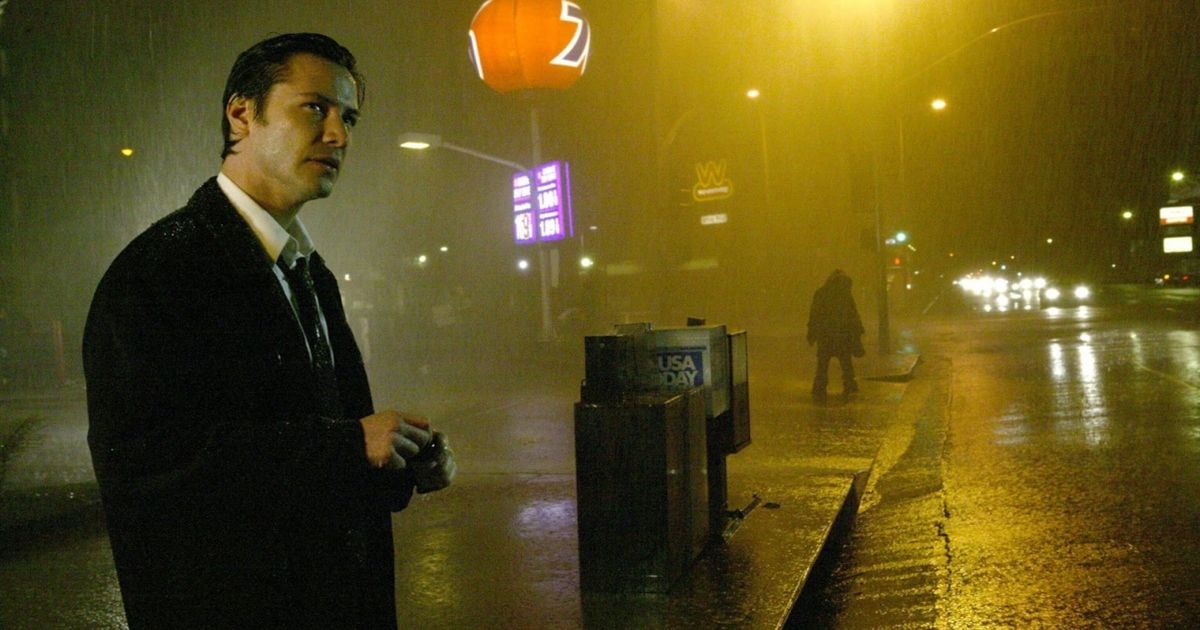
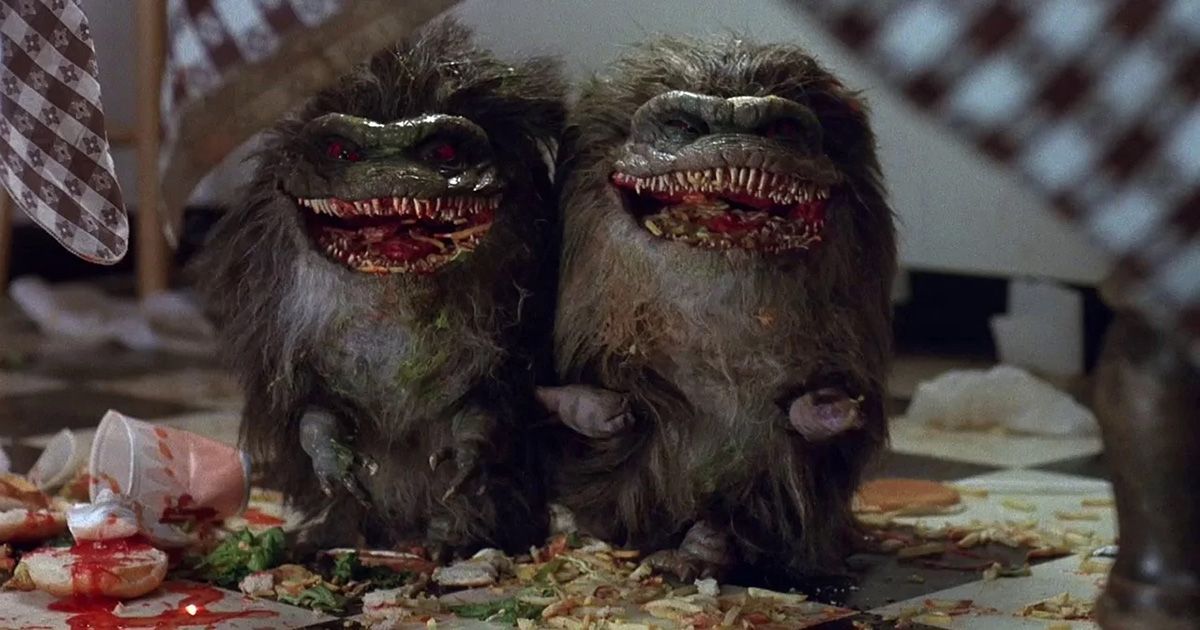
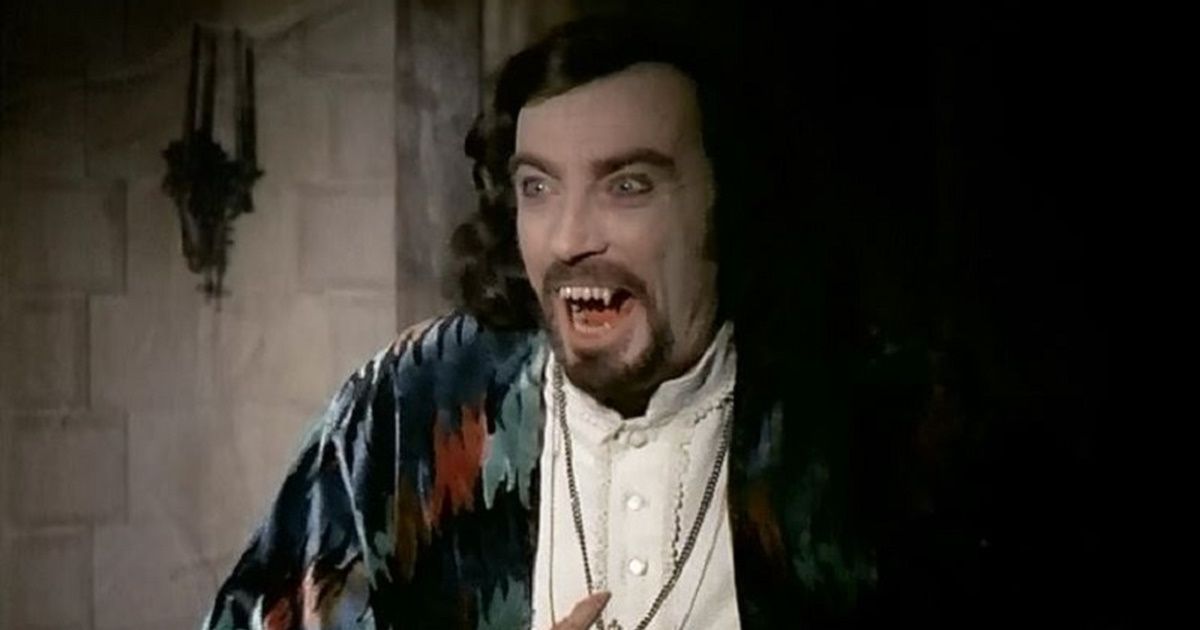

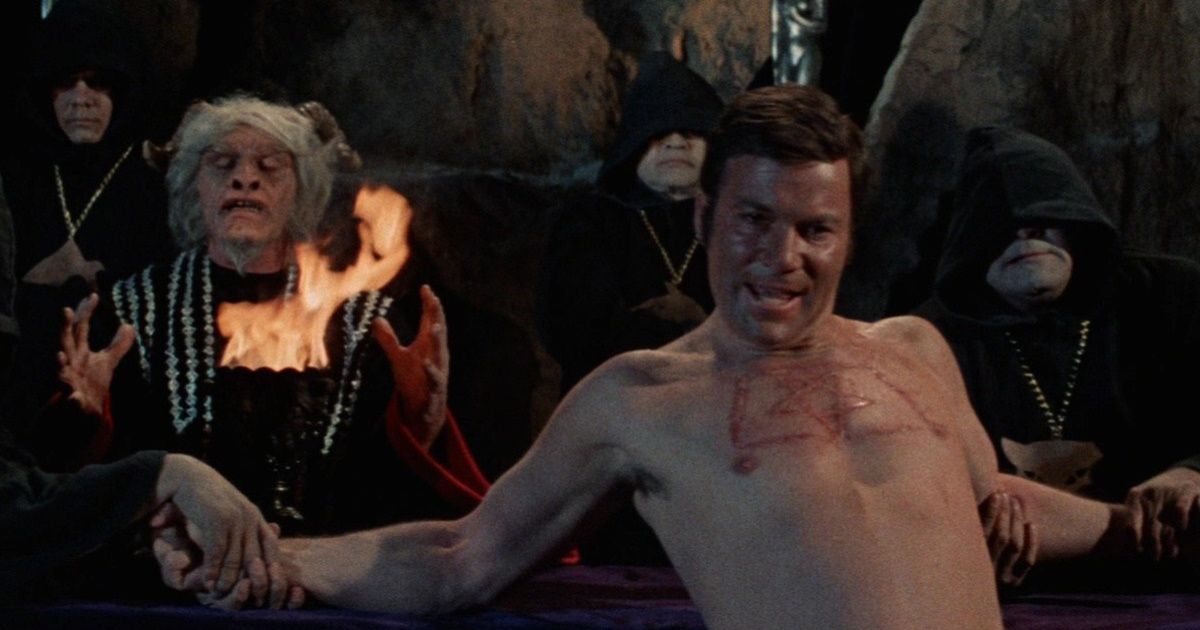
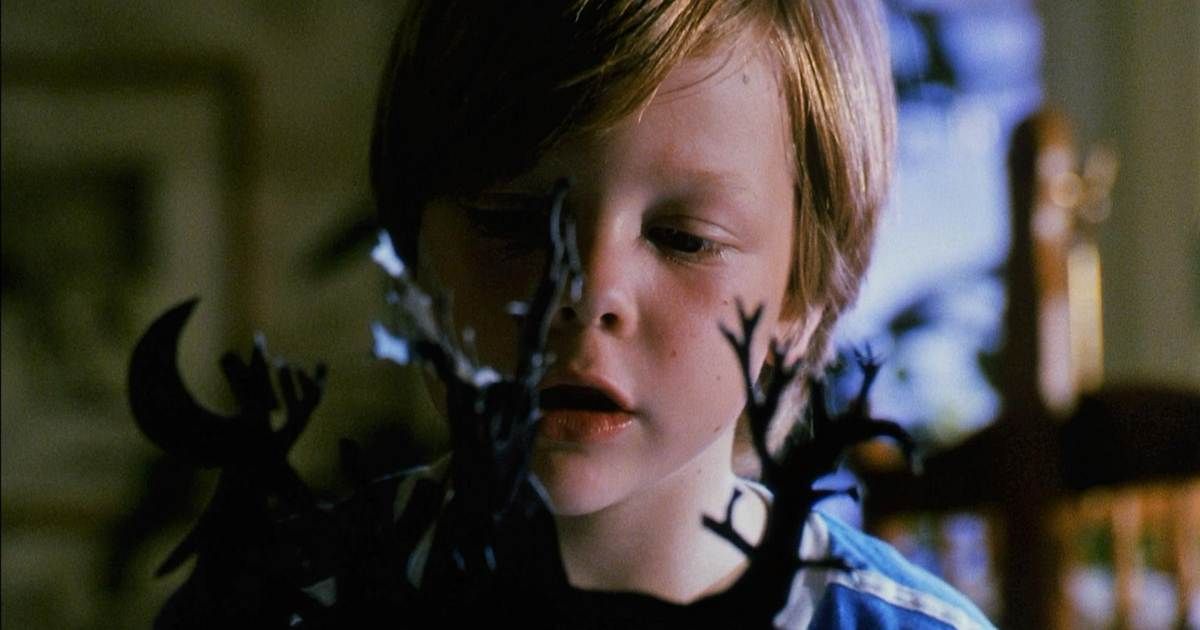
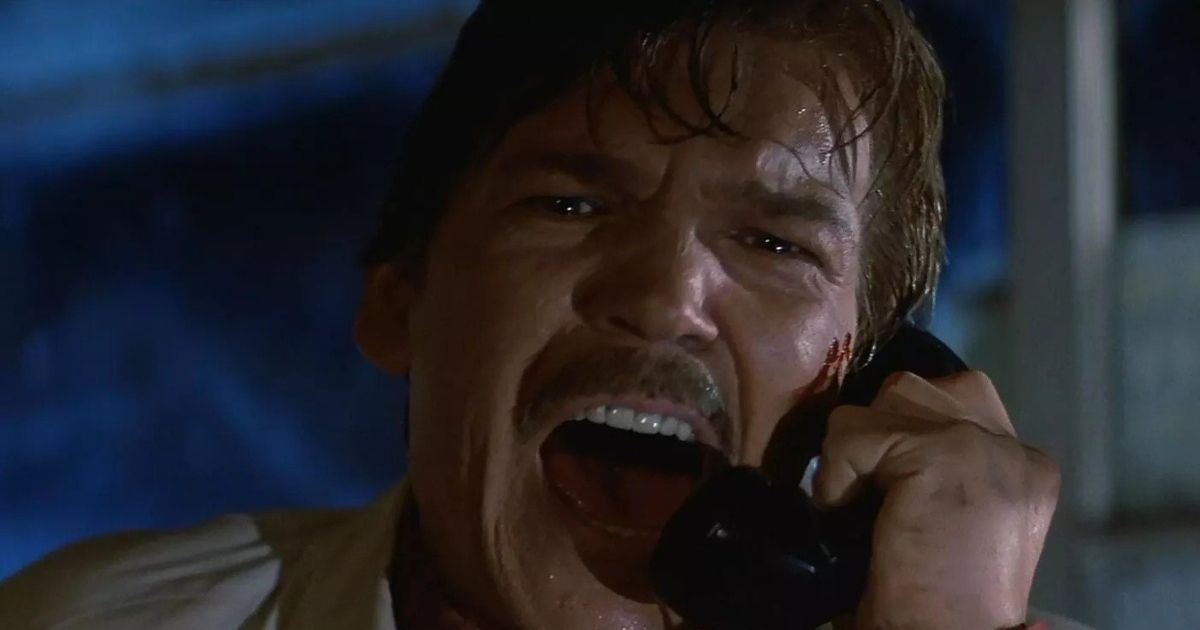
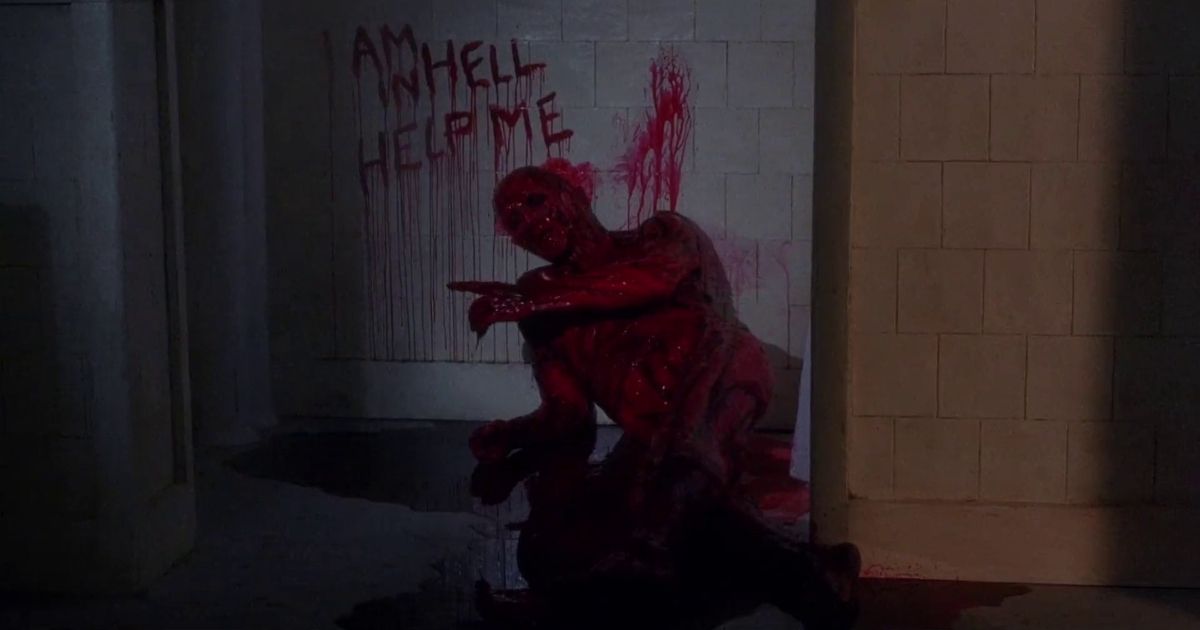
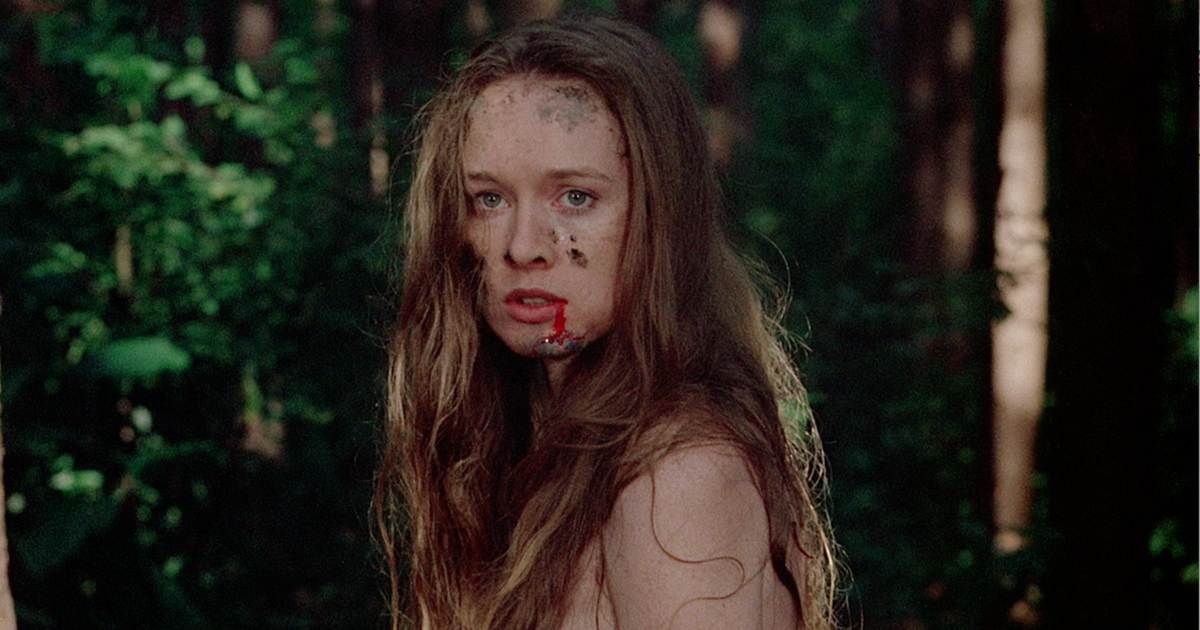
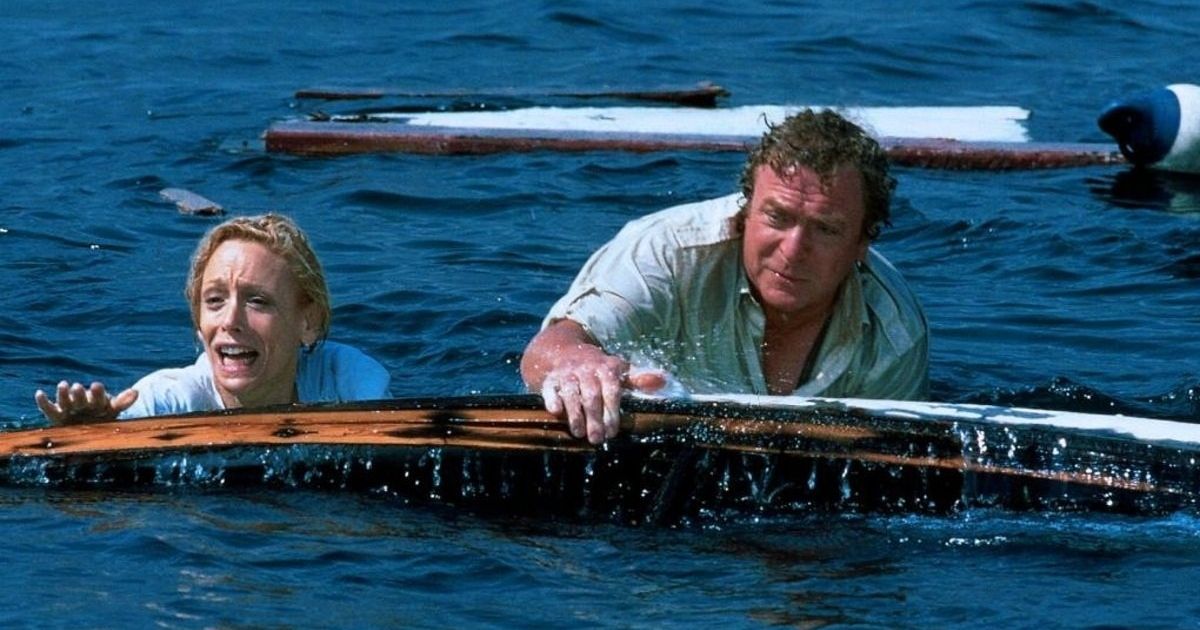
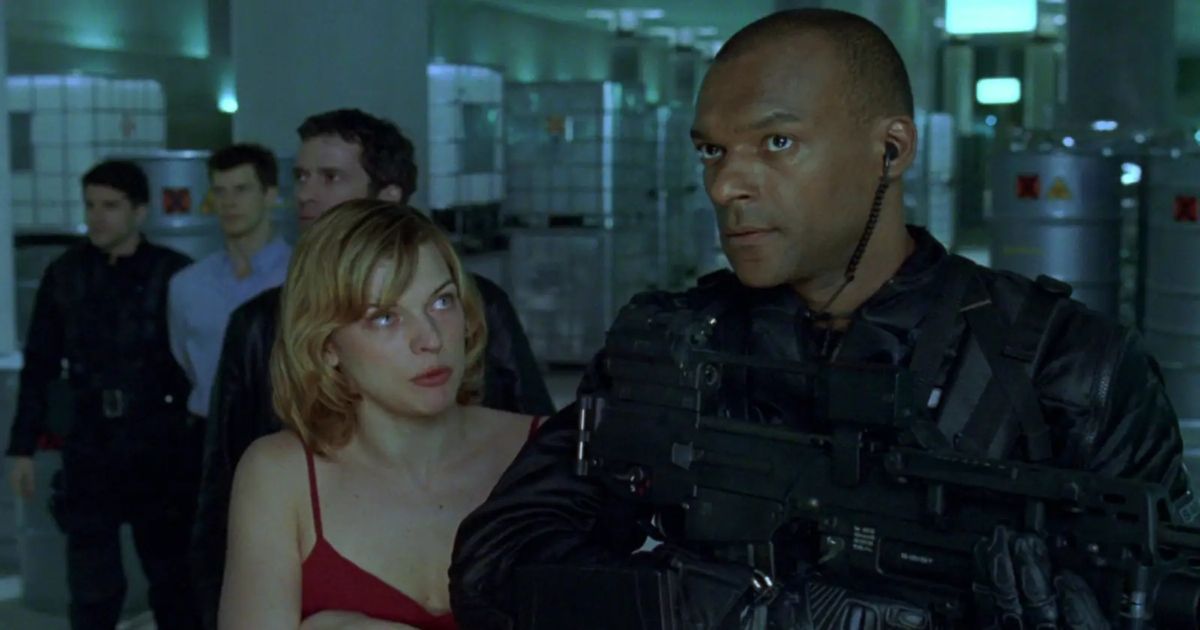
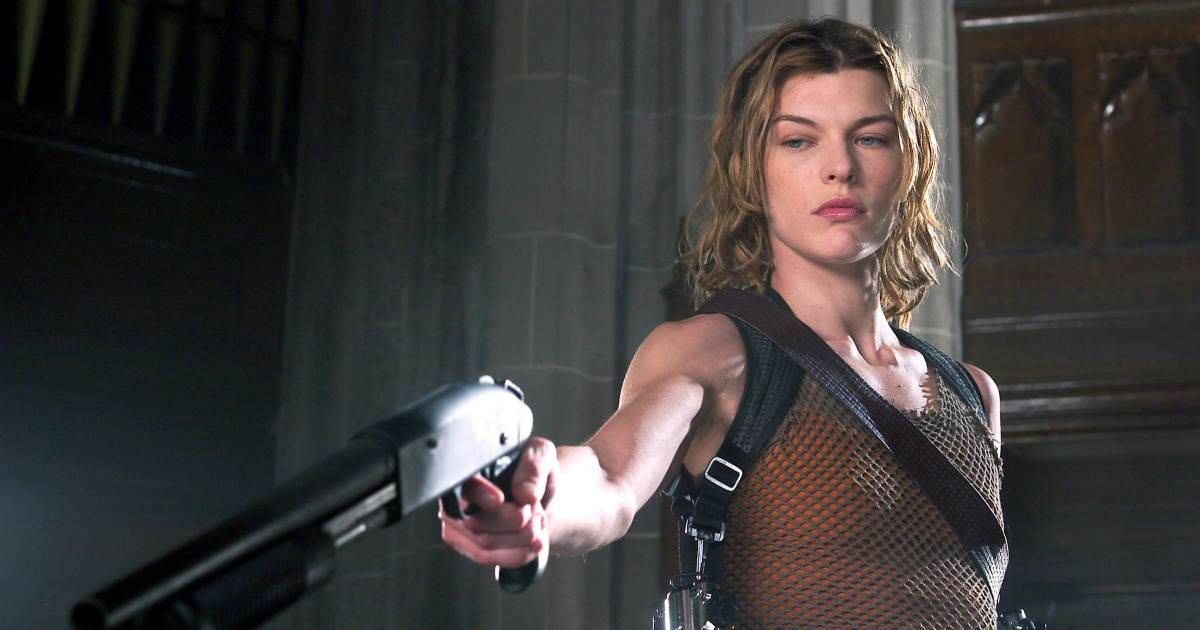
.jpg)
Comments
Post a Comment